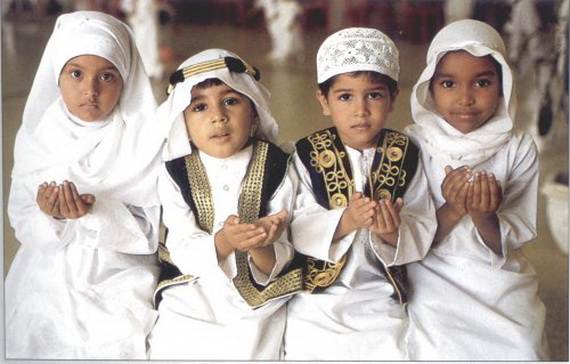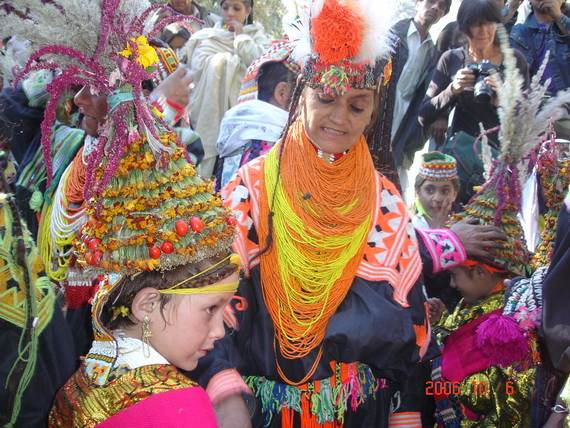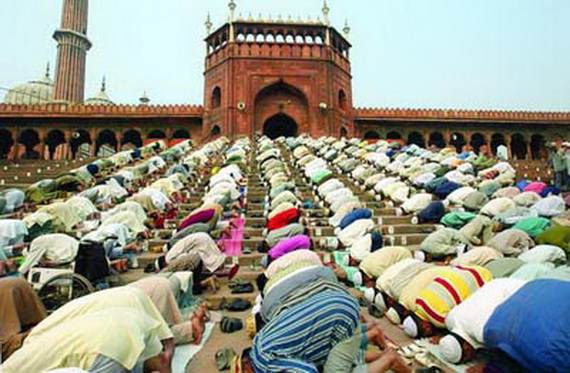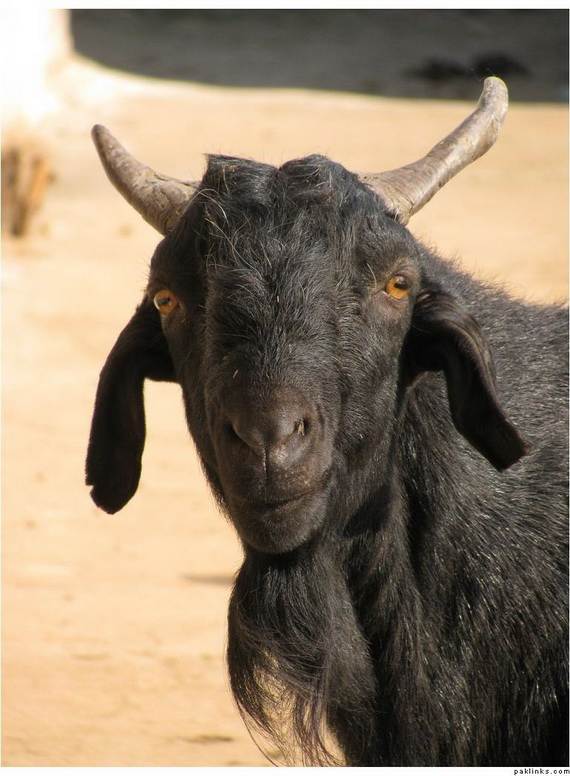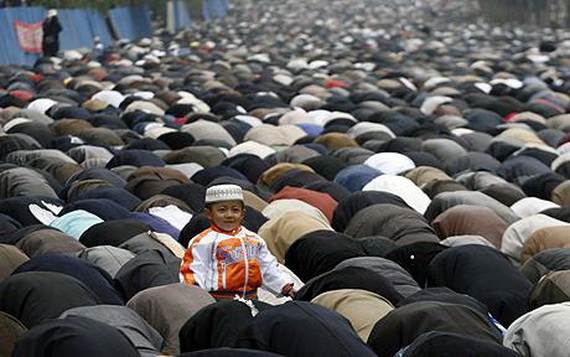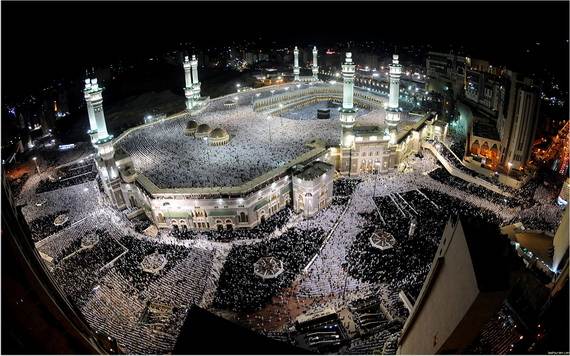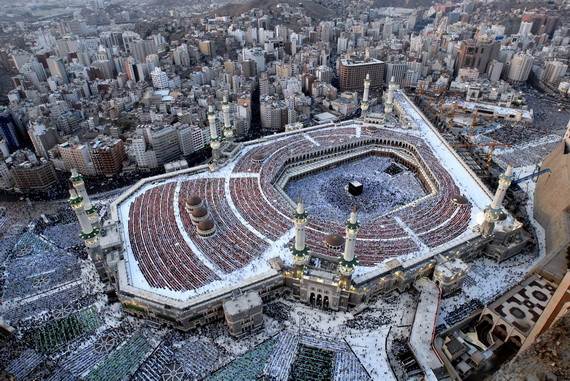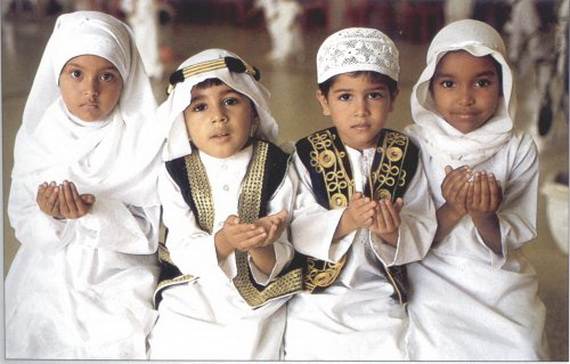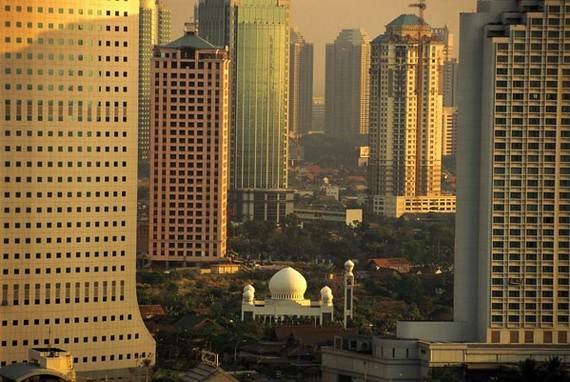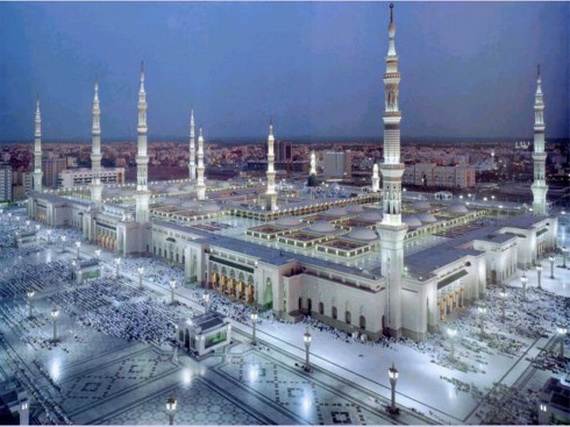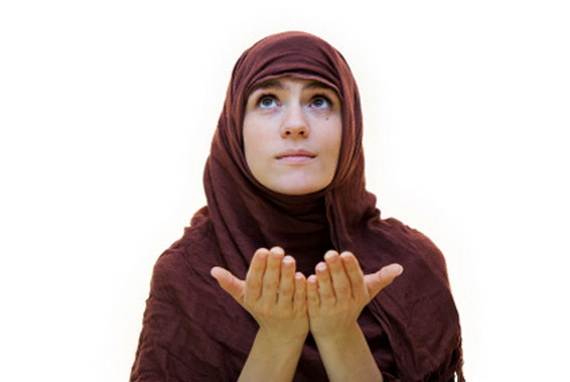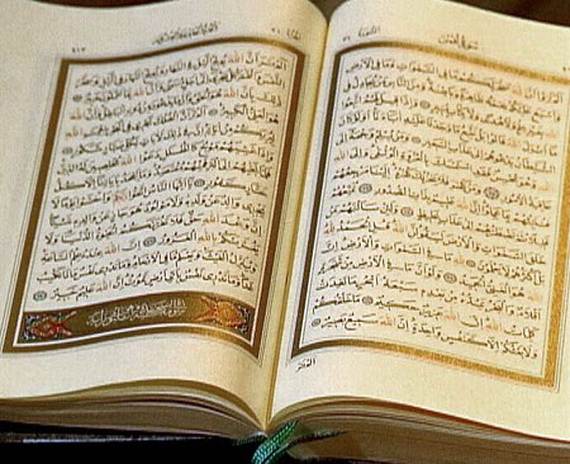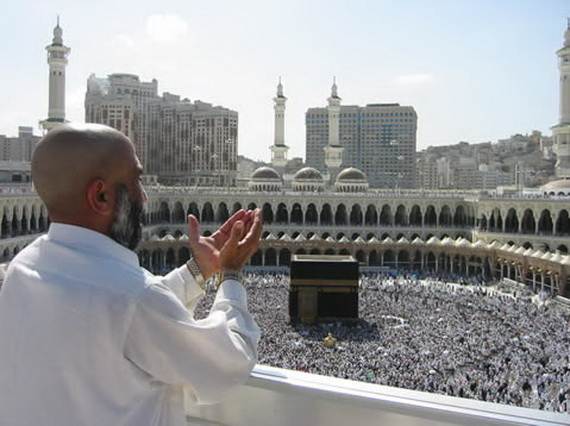Islam has relatively few holidays compared to most other religions. Al-Hijra, the Islamic New Year is the day that marks the beginning of a new Islamic calendar year, and is the day on which the year count is incremented, is celebrated on the first day of Muharram, which marks the beginning of the Islamic liturgical year. The month in which Muhammad emigrated from Mecca to Medina in A.D. July 16, 622 (counted from the year of the Hegira (anno Hegirae).
The holiday is also known simply as Muharram. Islamic years began calculated from 1 Muharram, 622 CE. Since the Islamic year is 11 to 12 days shorter than the Gregorian year, the Islamic new year does not come on the same day of the Gregorian calendar every year. Most Islamic institutions and countries, including Saudi Arabia [21], follow astronomical calculations to determine future dates of the Islamic calendar. While some Islamic organizations prefer determining the new month (and hence the new year) dates by local sighting of the moon. The Islamic new year is celebrated relatively quietly, with prayers and readings and reflection upon the hegira. In modern times, some Muslism exchange greeting cards to celebrate the holiday.



















